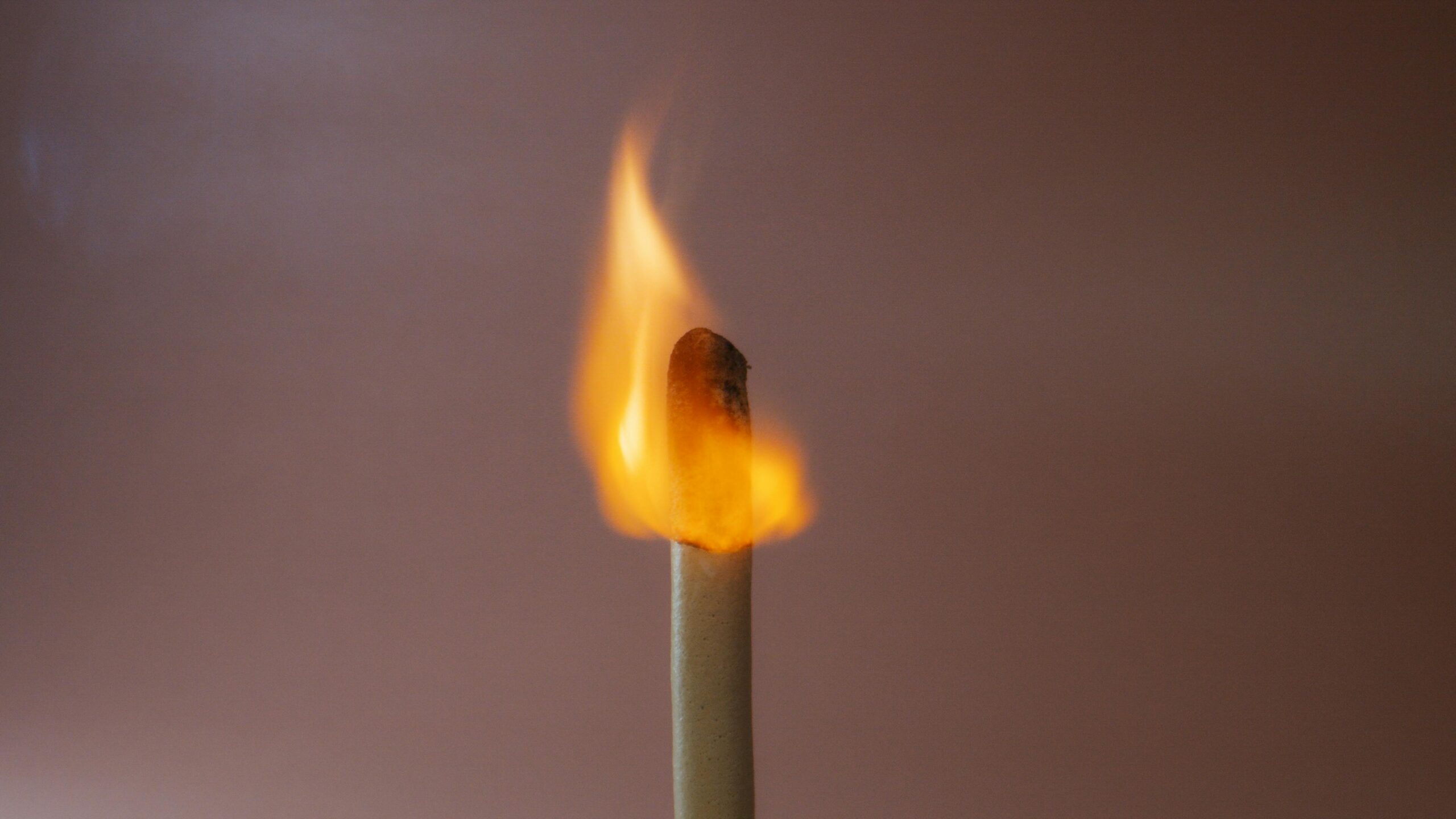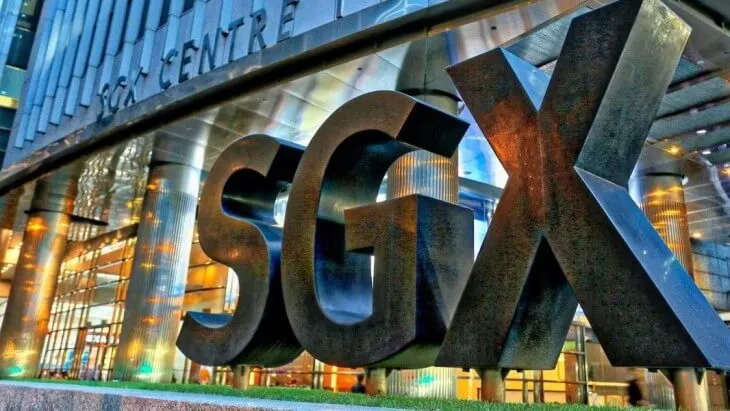“Never underestimate human stupidity. It’s one of the most powerful forces in history”
– Yuval Noah Harari in Future Think, From Sapiens to Homo Deus
The Japanese attack on Pearl Harbour was one of the worst strategical folly in history.
This mistake would cost Japan more than two million deaths, see the dropping of two atomic bombs and the complete destruction of her major cities.
Yet, it was committed despite knowing that their odds of winning was close to impossible.
The military knew that the United States had 10x industrial capacity of Japan’s. Even pre-war simulations suggested that a war with the US would be unwinnable.
So why would anyone choose to commit their country to national suicide?
Kidnapped by Militarism & Nationalism
To understand why, it is important to keep in mind this was a period of colonialism.
A country’s strength and independence is closely tied to her military power. In Japan, repeated political rebuffs from the West also paved the way for militarists to come to power.
In 1931, Japanese soldiers faked a piece of railway sabotage as an excuse for the army to expand its influence into Manchuria.
This reckless initiative was carried out without the approval of the then cabinet and took most leaders in Tokyo by surprise.
But the Japanese public opinion, whipped up by the jingoistic media, strongly supported the invasion.
Unable to resist the public endorsement, the government reluctantly approved the military aggression that it had neither initiated nor endorsed.
This inability to rein in more radical elements in the army would continue to fester.
As nationalism fervor spiral out of control, many liberals and moderates, including generals and admirals would be assassinated.
Even the Japanese Emperor Hirohito, a figure with God-like presence in Japan, was at risk because of his pacifist views.
Yet, most of these perpetrators were only given light sentences and were regarded as heroes by millions of Japanese because of the “purity” and “sincerity” of their motives.
Overconfidence Bias
It was in this febrile atmosphere that the first domino to the attack on Pearl Harbour fell.
On 7 July 1937, Chinese and Japanese troops clashed near the Marco Polo Bridge.
Initially, the incident was insignificant as local Chinese and Japanese commanders managed to resolved their conflict.
But back home, then-Prime Minister Konoe Fumimaro was persuaded by Japanese hawks to use the incident as an excuse to mount a full-scale invasion of China.
The Sino-Japanese war, which the military expected to be won within months, however took years. It cost at least a million casualties at the front line and economic hardship in Japan.
Material shortages were so severe that even cast-iron ornamental fences and gates were dismantled for scrap metal to be used in armaments.
The escalating human and economic costs would corner the military to undertake more risky moves to gain the resources necessary to exit the war “honorably”.
How else could the government justify the loss of “heroic souls” and the four years of economic suffering to the nation?
Escalation of Commitments
To get enough material resources to end the war in China, Japan began to look to resource-rich Indochina.
This started to strain relations with America since Indochina was also a vital source of raw materials in its support of Britain against Hitler.
There had been several opportunities for Japan to repair relations with the United States without losing her overseas empire, especially during the earlier talks.
But as diplomatic talks stalled and economic sanctions intensified, Japan finds herself left with only two choices: to fight America heroically or submit to her shamefully.
The Prisoner’s Dilemma
Japan could have avoided this if any of her leaders spoke up during the earlier talks.
Why did no one speak up?
The tough rhetoric made publicly has come to bite.
It would be better for the leadership team to cooperate and stop the war with the United States as many members had made known so privately.
But appearing more amenable to the diplomatic demands of the United States would damage one’s reputation and unacceptable political losses.
As a result, the leaders start pushing the responsibility for stopping the war to others in the team.
For instance, the army would claim that “So long as the navy failed to declare unequivocally that there was no chance of victory [against the United States], the army saw no reason to concern itself with the problem.”
However, by acting in their own self-interests, the leaders soon find themselves trapped as the metaphorical prisoners, suffering a greater penalty and bringing the nation down with them.
Learning from the Mistake of the Past
Although the Attack on Pearl Harbour took place more than 80 years ago, we can still see the parallels with what is happening in our world today.
From countries flirting with nationalistic propaganda to nations taking more aggressive military actions, the world has become a more dangerous place.
As policymakers face and maneuver through the many risky high-stakes decisions, let’s hope that they will have the courage to learn from the lessons of history and prevent accidents from escalating into destruction – self or otherwise.




